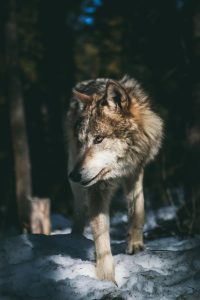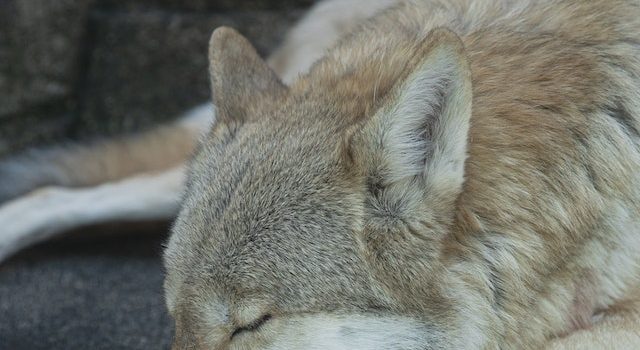
Introduction: Wolves – Guardians of Ecological Balance
In the intricate tapestry of Earth’s ecosystems, the presence of wolves is like a thread that holds it all together. Join us as we venture into the world of wolf conservation, understanding the vital role these majestic creatures play and the efforts being made to ensure their survival.
Knowledge Source:
Dr. John Carter – Conservation Biologist and Wolf Advocate Dr. John Carter’s lifelong dedication to wolf conservation has made him a leading expert in the field. His insights shed light on the critical importance of preserving wolf populations.
Wolves: Keystone Species of Ecosystems
Wolves are often referred to as keystone species, meaning their presence has a disproportionate impact on the structure and function of ecosystems.
Dr. John Carter: “Wolves play a pivotal role in maintaining ecological balance. Their predation helps control prey populations, preventing overgrazing and promoting the health of plant and animal species in their habitats.”
Challenges to Wolf Conservation
Despite their ecological significance, wolves face numerous challenges that threaten their survival, including habitat loss, human-wolf conflicts, and diseases.
Dr. John Carter: “Human-wolf conflicts often arise due to livestock depredation and concerns for human safety. Disease outbreaks can also decimate wolf populations. These challenges demand careful management and conservation efforts.”

The Importance of Protected Areas
Establishing and maintaining protected areas and wolf sanctuaries are crucial steps in wolf conservation. These areas provide safe havens for wolf populations to thrive.
Dr. John Carter: “Protected areas offer wolves the space they need to roam freely, establish territories, and raise their young. They are essential for maintaining genetically diverse and healthy wolf populations.”
Coexistence with Wolves
Promoting coexistence between humans and wolves is a fundamental aspect of wolf conservation. This involves strategies to reduce conflicts and foster tolerance.
Dr. John Carter: “Education and outreach programs play a key role in helping communities understand and coexist with wolves. Implementing non-lethal methods to protect livestock and engaging in responsible hunting practices are also vital.”
Success Stories in Wolf Conservation
Several regions have witnessed successful wolf recovery programs, demonstrating that conservation efforts can make a significant difference.
Dr. John Carter: “Yellowstone National Park in the United States is a prime example. The reintroduction of wolves there has led to a cascade of positive effects on the entire ecosystem, from improved plant growth to the resurgence of other wildlife species.”
Conclusion: Preserving the Guardians of Balance
The conservation of wolves is not merely about protecting a single species; it’s about safeguarding the delicate balance of nature itself. These apex predators hold the key to maintaining the health and diversity of our ecosystems.










